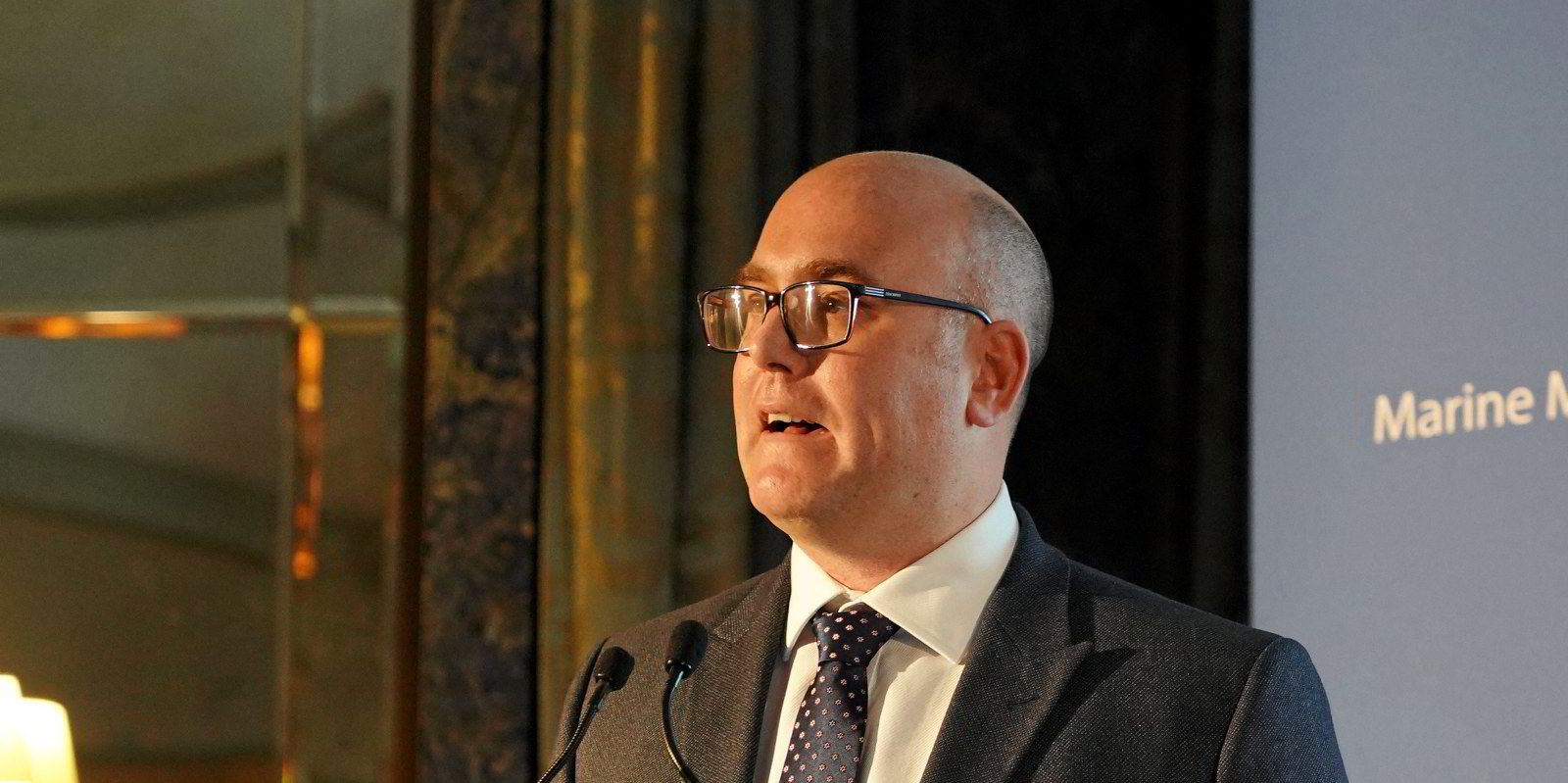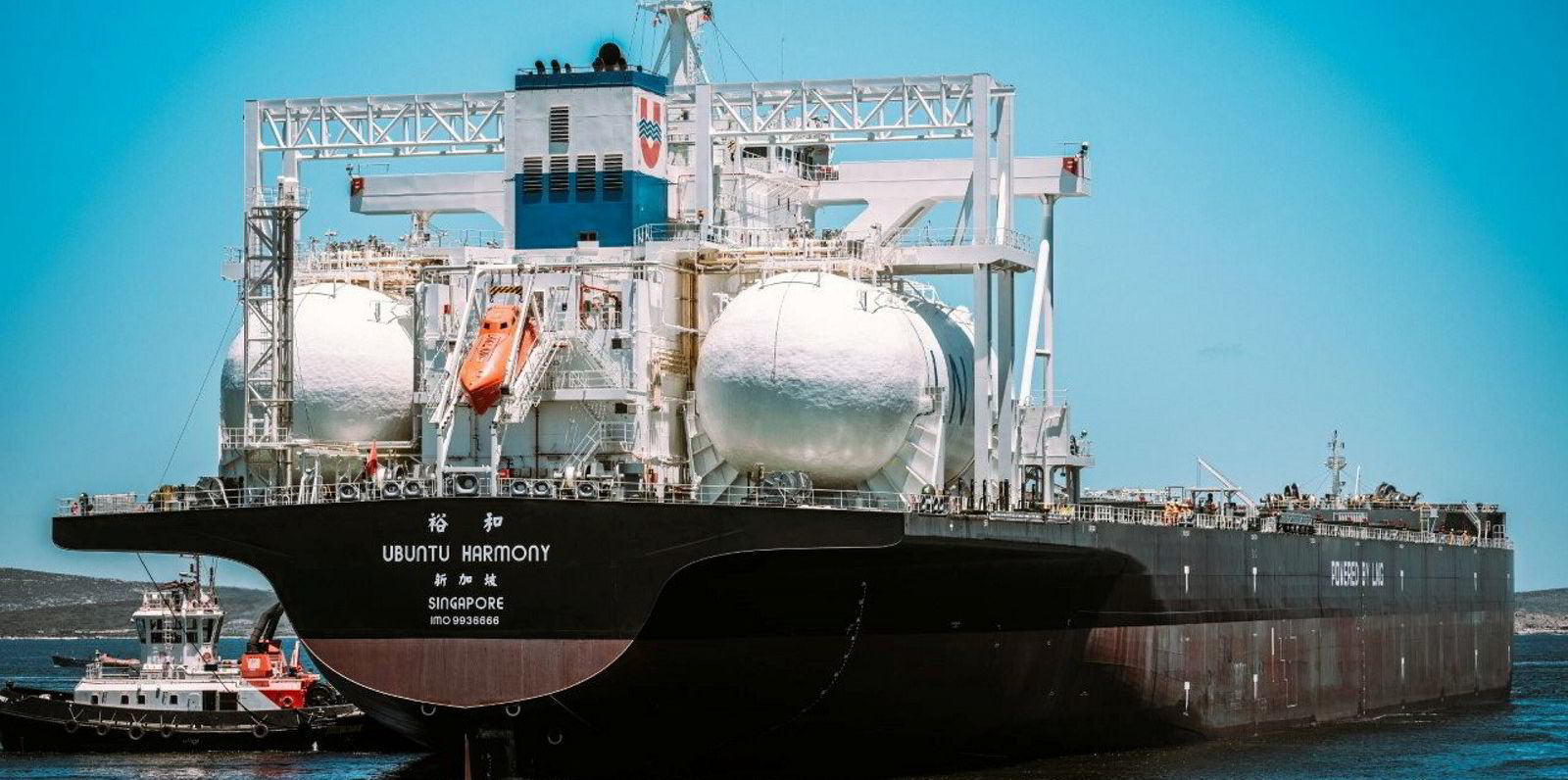New alternative fuels will not be economically viable until 2040, according to Maritime Strategies International (MSI).
Managing director Adam Kent told the Marine Money Ship Finance Forum in London that his company had been examining when it would make economic sense for owners to make the switch to green ammonia or methanol, given consensus assumptions about future prices and carbon levy levels.
The analyst said: “Unfortunately, it is not until around the end of the next decade that it becomes more economically viable to run green fuels than conventional fuels, or conventional fuels with a scrubber.”
And he added: “That’s a concern because we know that without regulations, the industry operates on economics.”
Kent said owners of handysize bulkers for example will not necessarily switch to alternative fuels.
“If we only start switching in 2040, we are going to be way, way too late to meet any deadline by 2050,” he added.
“It is important that we see green corridors so we start generating some of the fleet that has the ability to use green fuels,” Kent told the conference.
MSI believes there needs to be a trickle-down effect, with top-tier shipowners ordering the latest ships today and these eventually finding their way into the secondhand market for smaller companies to buy.
Kent finished by analysing which vessel types will give the best internal rate of return (IRR) if five and 10-year-old ships were bought today and sold in 2027.
Platform supply vessels and anchor-handling tug supply tonnage came top with an IRR of more than 25%, as they are at the start of a positive-looking period.
These were followed by suezmaxes and VLCCs, and small container ships, due to the scant orderbook for these classes
But large container ships and some dry bulk sizes will only offer marginal returns, Kent believes.




